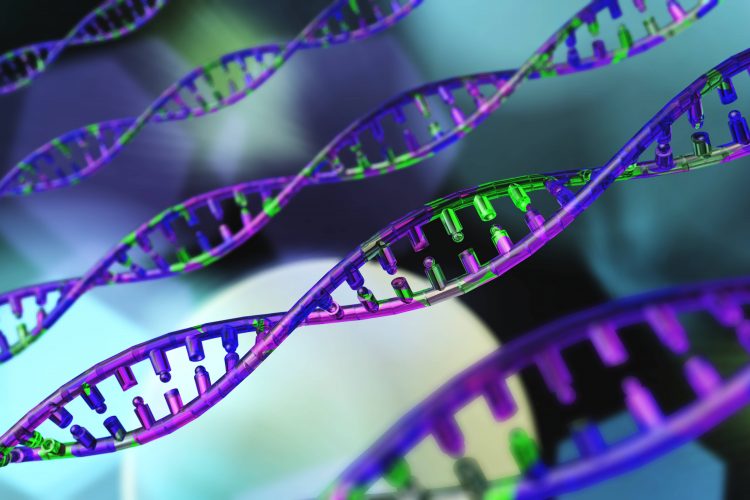Gene expression signatures improve prognostic ability
Posted: 11 October 2023 | Drug Target Review | No comments yet
Thousands of breast cancer gene expression signatures analysed.


Gene expression signatures are descriptions of the activity patterns of genes. When a person receives a cancer diagnosis, these signatures can be used to predict how tumours will develop. Due to this, they are essential for classifying different types of cancer, determining prognosis and defining treatment strategies.
Published in Scientific Reports, Dimitrij Tschodu, a doctoral researcher at the Peter Debye Institute for Soft Matter Physics at Leipzig University carried out a study in collaboration with Professor Axel Niendorf from the Pathologie Hamburg-West Institute. The teams analysed around 10,000 signatures based on breast cancer databases, using various machine learning models to determine their prognostic ability.
The study’s findings showed that the gene expression signatures examined led to a correct patient prognosis in no more than 80 percent of cases. However, the scientists noted that prognoses based on gene expression signatures alone consider less than 50 percent of the potentially available information so advise using other parameters as well as gene expression tests. Dr Tschodu explained: “Although our results confirm the importance of gene expression signatures in predicting patient prognosis, they also highlight the urgent need for a holistic approach that takes into account molecular, clinical, histological and other complementary factors to ensure an accurate prognosis.”
Holistic approach required
Dr Josef Käs, Head of the Soft Matter Physics Division at Leipzig University, said: “The results of this study are crucial for understanding the limitations of gene expression signatures in cancer prognosis.” He continued: “While gene expression signatures are undoubtedly valuable, our findings show that a holistic approach is needed to ensure an accurate prognosis and to make informed decisions about treatment.”
The publication comes from the Physics of Cancer research field, which studies cancer from a physical perspective and examines the mechanics of cells and tissues. Käs explained: “This new study underlines the importance of the ‘Physics of Cancer’ in the medical field and the need for interdisciplinary collaboration to find innovative solutions to the challenges in cancer treatment.” Recently, a research group led by Dr Käs and Dr Niendorf published new research in this field that may further more exact diagnostics of the spread and formation of metastases in breast tumours.








